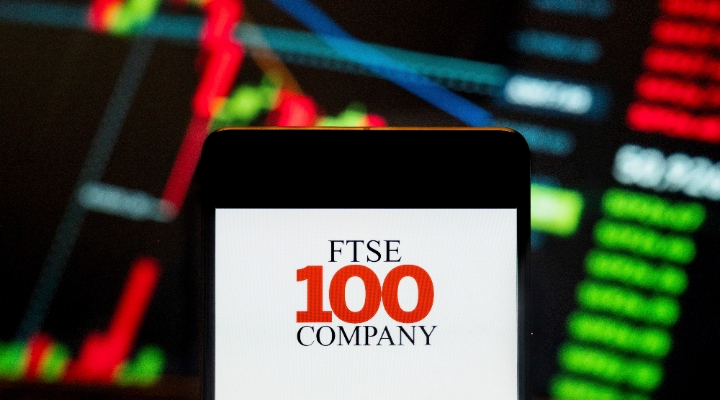
Financial advisers up and down the country have had their email inboxes filled and phones ringing off the hook as worried clients look for help navigating the Covid-19 crisis. Not only are many IFA firms having to grapple with new ways of working and conducting client meetings virtually, they are also expected to guide them through an unprecedented global meltdown.
We asked IFAs what questions they’re hearing most commonly from clients at the moment, and how they are responding:
What’s the Damage?
The first thing many clients want to know is: how does all this turmoil affect my money? For many, the answer is not as bad as they were expecting, says Alistair Cunningham, director at Wingate Financial Planning. He adds: “Most people are modestly down or even slightly up over a 12 month period, so the question is answered by the facts.”
Anna Sofat, associate director at Progeny, agrees: “We give clients an update on how their portfolios have done; defensive funds have held up as well as expected so, in most cases the falls in value are not so bad and people have been pleasantly surprised.”
It’s just not their long-term investments that are a worry, though. With millions of workers furloughed or worried about the future of their job, more immediate finances are also a concern.
“But even the impact there may not be as bad as they fear. Under lockdown measures they can’t go to restaurants or pubs or on holiday,” points out Cunningham.
Should I De-Risk?
Moving money out of the stock market is an understandable impulse when shares are falling across the board, but IFAs advise against it. Pete Chadborn, director at Plan Money, is telling clients now is not the time to be making any big changes.
Many investors are spooked when they hear about the sharp falls on the FTSE, but he says: “This is an index of 100% equities and most investor’s portfolios just aren’t structured that way; they’re diversified not just globally but across assets such as fixed income too.”
Cunningham has even modelled out a second, even worse event using financial planning tools to show the absolute worst-case scenario. “It’s highly unlikely but it can be comforting for people to see how resilient their investments can still be.”
And Chadborn also points out to nervous clients that you don't “win” money when the market rises, or “lose” when it falls: “You only lose money when you commit the worst financial sin an investor can make: selling in a falling market.”
Should I Invest More?
Buy low and sell high is a popular investment adage, but advisers say it’s better not to try and guess when the stock market has peaked or troughed. Trying to time the best moment to invest is virtually impossible and something even the experts avoid.
Chadborn says that “staying invested is the key”. He points out that the best and worst days on the stock market tend to cluster together, so trying to guess when they might be is a fool’s errand.
“The only time to invest more is if you were going to be doing that anyway,” says Chadborn. This could be the case at the start or end of a tax year, for example, when investors are looking to use up their annual Isa or pension contribution allowance.
If you are going to put more money into the market at times of volatility, he adds, you should first make sure you have a decent cash buffer and an income protection or critical illness insurance policy in place to provide protection in case the worst should happen.
Can I Still Invest Sustainably?
A survey by Federated Hermes finds that 85% of financial advisers in the UK have seen an increase in clients enquiring about sustainable investing since the Covid-19 outbreak.
Investing with environmental, social and governance (ESG) factors in mind has shot up the agenda in recent years and it seems the crisis could be a catalyst for even more change. Of 200 IFA firms surveyed, some 78% expect their clients to divest from companies that have failed to support their employees or wider society through the crisis. Some 82% of advisers, meanwhile, have seen an uptick in enquires about how their investments can help tackle climate change, raise governance standards and improve human rights.
Harriet Steel of Federated Hermes says investors are reassessing the long-term aims and outcomes of their investments and questioning the idea that the sole aim is financial returns. “These findings show investors are ascribing more weight to the importance of ESG factors and scrutinising the purpose of companies and they deliver for society to an ever-greater extent.”




























